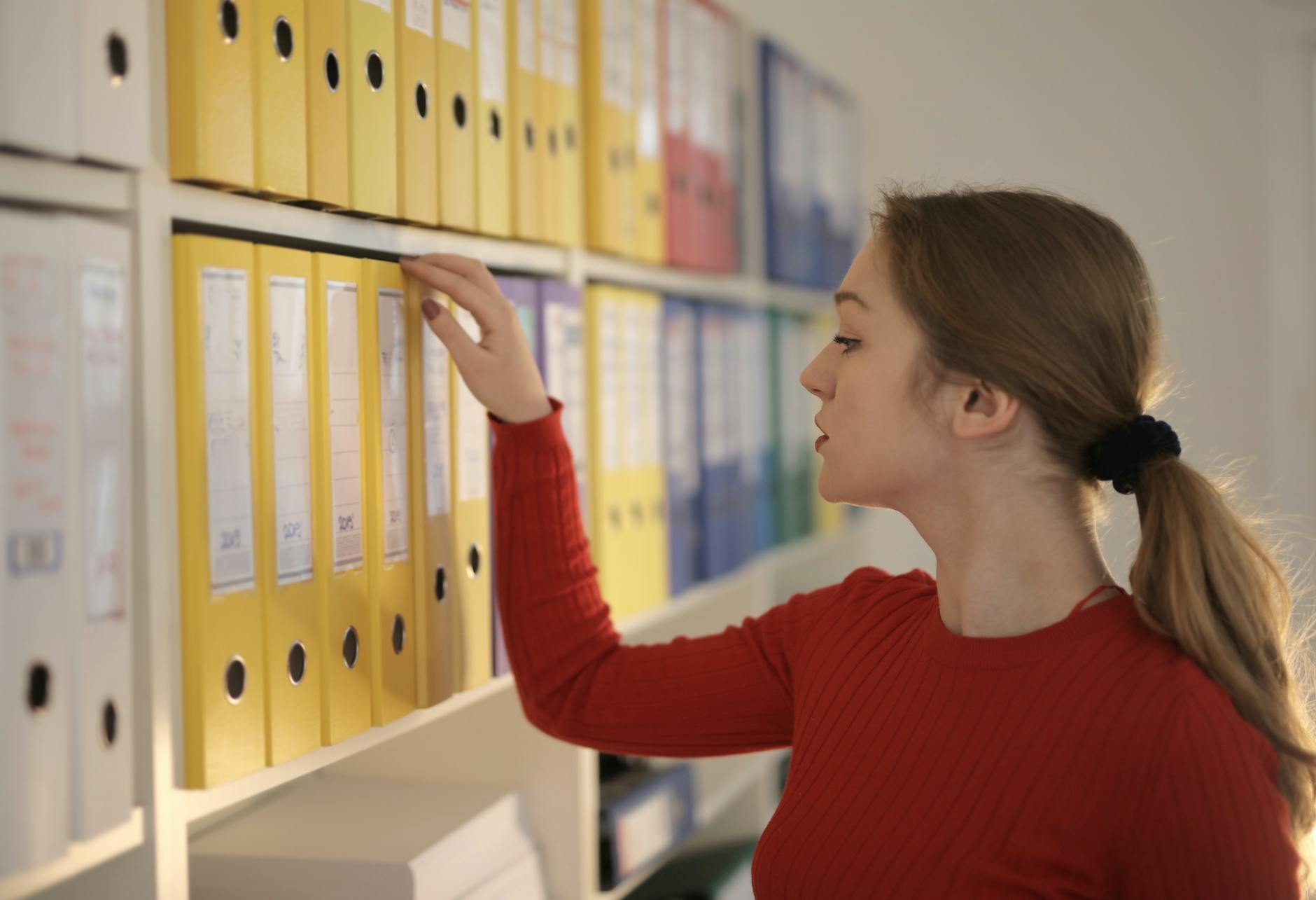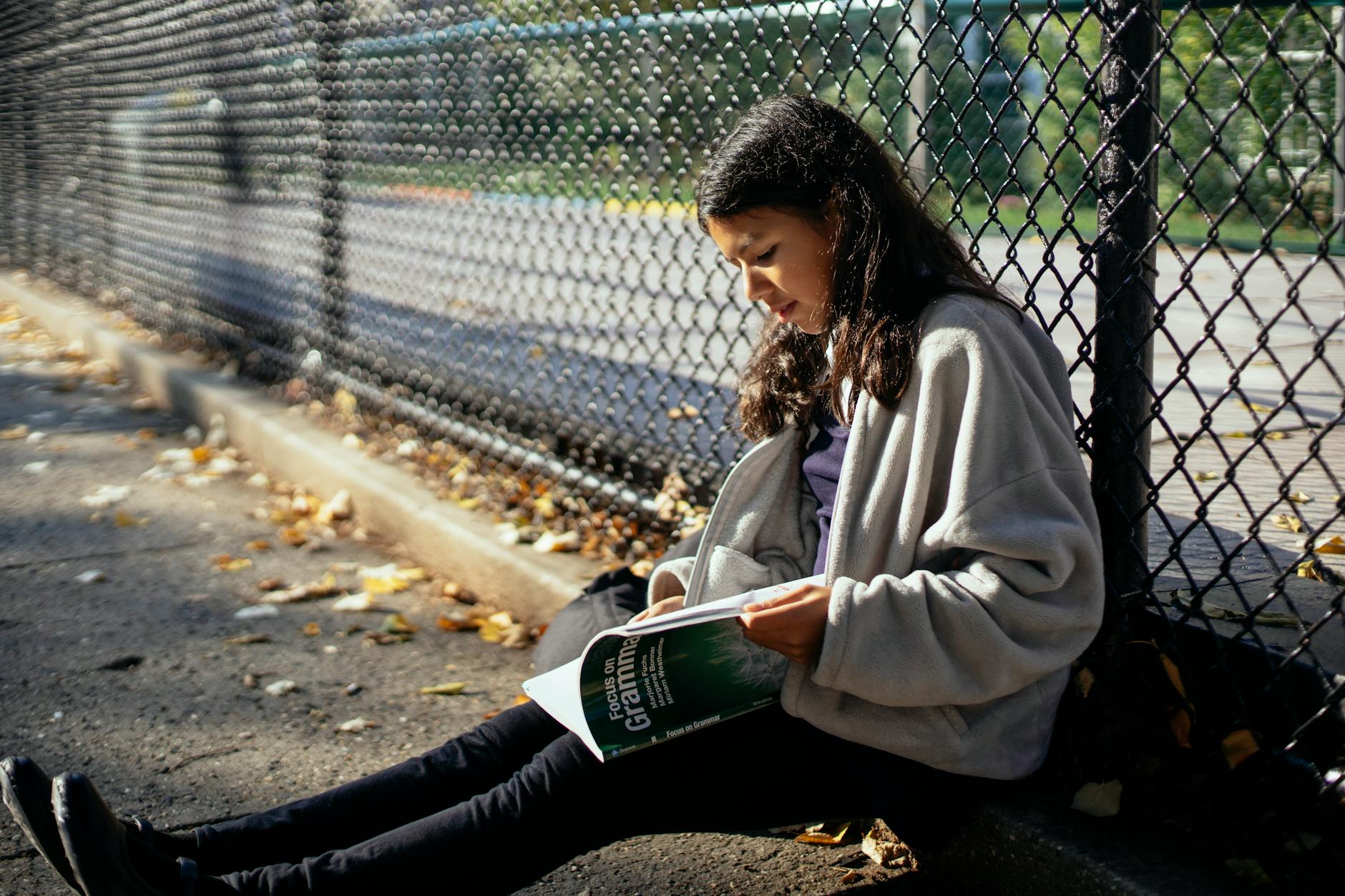How to Enrich Early Childhood Education in Australia Through Experiential Learning

Understanding Experiential Learning
Experiential learning in early childhood education is more than just a trendy concept—it's a way to empower young minds through hands-on activities, promoting growth and understanding from a very young age. As an innovative learning advocate here in Brisbane, I've witnessed firsthand how crucial it is to integrate this method into teaching. Imagine using the South Bank Parklands as a setting for young learners to experience outdoor learning activities. This not only invigorates their senses but also fosters a deeper connection with their environment.
Principles and Methods
The foundational principles of experiential learning involve active engagement, collaboration, and reflection. In the classroom, this can be achieved by encouraging children to participate in activities that require critical thinking and creativity. Incorporating tools like project-based tasks or collaborative play helps in developing these cognitive skills. For aspiring educators, enrolling in a certificate iv in mental health can boost their understanding of nurturing emotional well-being alongside academic learning.
Benefits for Young Learners
Young learners gain numerous advantages, such as enhanced problem-solving abilities and improved social skills. Experiential learning promotes an engaging atmosphere that stimulates enthusiasm and curiosity. Courses like cert 3 childcare are designed to provide educators with the skills needed to foster this environment, making them adept at creating impactful educational experiences.
Implementing in Classrooms
Bringing experiential learning into the classroom is seamless with the right resources. Using local sites like the Queensland Museum offers opportunities for discovery through curriculum-aligned activities. Additionally, the local libraries in Brisbane City provide a wealth of educational materials to support these methods. For educators eager to advance professionally, exploring mental health courses can further enhance their capability to administer well-rounded and effective learning experiences.
Enhancing Creativity
Storytelling Activities
In the dynamic realm of early childhood education, storytelling serves as a crucial tool for creativity and cognitive development. Storytelling doesn't just capture children's imagination; it helps build language skills and encourages expression. A smart way to integrate storytelling into your educational approach is by utilising resources available at the Queensland Museum in Brisbane. It's an excellent location for acquiring artefacts and stories that can spark imaginative narratives and discussions. With real-world objects to guide them, children can create stories that reflect their understanding of the world around them.
Art and Craft Projects
Art and craft projects are another fantastic way to boost creativity in young learners. Encouraging children to express themselves through hands-on activities enhances their fine motor skills and their capacity for innovation. Incorporate materials like recycled items, coloured paper, and paint to make something extraordinary. This aligns well with the focus of many childcare courses online, which emphasize experiential learning. Not only do these activities foster creativity, but they also help in developing problem-solving skills as children learn to bring their ideas to life.
Music and Movement Games
Music and movement games are integral to a holistic learning experience. They provide children with the freedom to express themselves rhythmically and develop their gross motor skills. By integrating simple musical instruments or rhythmic clapping games, you create an environment where children can freely express their emotions and ideas. Such experiences are crucial for those, like Ethan, who are passionate about advancing their qualifications, possibly through an aged care courses online or a diploma in early childhood education. The more varied and interactive the activities, the more enriched the educational experience becomes.
Outdoor Adventures
Nature Exploration Walks
Immersing children in nature not only enhances their perceptual and observational skills but also instils an appreciation for the environment. Nature exploration walks offer a delightful backdrop for a rich learning experience, especially when guided through places like the lush South Bank Parklands. Encouraging children to observe different plants and wildlife can be an interactive diploma of community services lesson plan that incorporates environmental science. By guiding these explorations, educators can sprinkle in early childhood development tips, introducing new vocabulary and fostering curiosity.
Gardening with Children
Engaging children in gardening provides them a hands-on understanding of growth, patience, and responsibility. Whether you're planting herbs in small pots or sowing seeds in a community garden, such activities can magnetically draw children’s interest. As they learn to nurture plants, students gain insight into ecosystems, seasonal cycles, and the food they eat. This experiential learning approach allows them to witness life's processes firsthand, a crucial fundamental in early childhood education.
Play-Based Environmental Learning
Transforming learning into a playful adventure can be achieved by integrating games such as scavenger hunts or outdoor obstacle courses themed around environmental concepts. The Queensland Museum can serve as an enriching resource to enhance these lessons with exhibits that connect with topics explored outside. These playful explorations not only boost physical activity but also integrate crucial aspects of early education, including teamwork, problem-solving, and the joy of discovery. Within this framework, educators can subtly weave in aged care online courses as they discuss sustainable practices and caring for living things.
Cognitive Development
Problem-Solving Exercises
Cognitive development in early childhood requires nurturing critical thinking skills, and problem-solving exercises are excellent for this. Encouraging young minds to engage in puzzles, simple logic games, or building projects promotes logical thinking. Think of simple games like matching shapes or sequencing objects; they can efficiently build a foundation for more complex skills in later years. Puzzle pieces and building blocks can be instrumental tools in an engaging classroom environment, allowing children to explore solutions in a fun, interactive way.
Interactive Science Projects
Interactive science projects open windows into understanding how the world works in exciting, tangible ways. Activities like simple experiments with water, sand, and other easily accessible materials can spark curiosity and foster inquiry. By simulating basic scientific processes, children learn by observation and action, which aligns seamlessly with the principles of early childhood education. Setting up a simple science corner can inspire learners to hypothesise and draw conclusions while fostering a love for discovery.
Building Basic Math Skills
Introducing math concepts early on is crucial, but it needn't be intense. Playful methods like counting games, sorting exercises, or using everyday materials like measuring cups during sand play can effectively teach basic math skills. These activities not only build an understanding of numbers and measures but also integrate lessons on cooperation as children often work in groups. When these activities are supplemented by aged care training methods, which often focus on empathy and patience, educators can further enhance the learning experience.
Best Practices
Diversifying Learning Activities
Incorporating a wide range of activities ensures that every child finds an element of experiential learning that resonates with them. Imagine hosting a day at South Bank Parklands, where children can engage in environmental storytelling by the river's edge. Such settings naturally blend storytelling with exploration, making it easier for children to connect with the narrative. Adding cultural insights from The Queensland Museum can further enrich their understanding by bridging past knowledge with outdoor experiences.
Prioritising Safety
When implementing experiential learning, keeping children safe is paramount. Before venturing into activities like nature walks or interactive science projects, conduct a thorough risk assessment. Create safety guidelines tailored to each activity, ensuring children understand rules before participating. For instance, when exploring the Brisbane City local libraries, teach kids how to navigate spaces respectfully and safely.
Engaging Parents and Community
Active involvement from parents and the community can dramatically enhance the learning experience. Organise family days in iconic Brisbane locations like the South Bank Parklands or opt for educational outings to The Queensland Museum. Consider weekly newsletters or online forums where parents can share feedback or suggest exciting activities. Inviting parents to lead activities, from reading sessions in local libraries to hands-on gardening projects, not only enriches the educational environment but also fosters a strong, supportive community network.
By weaving these best practices into early childhood education, we set the stage for a dynamic and inclusive learning journey.


